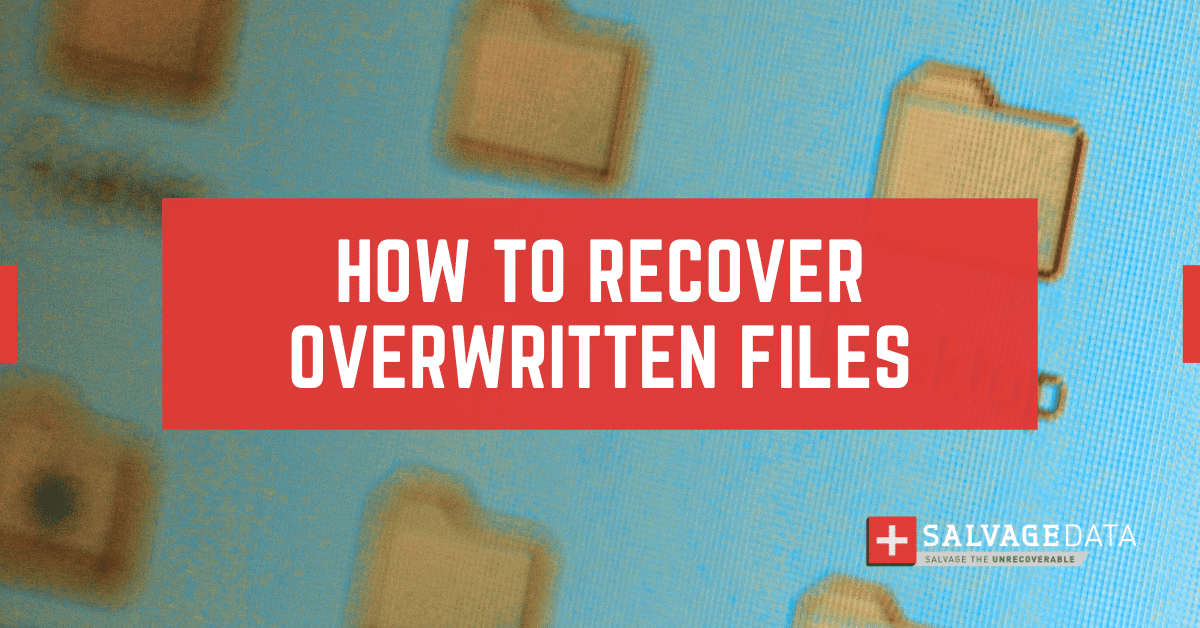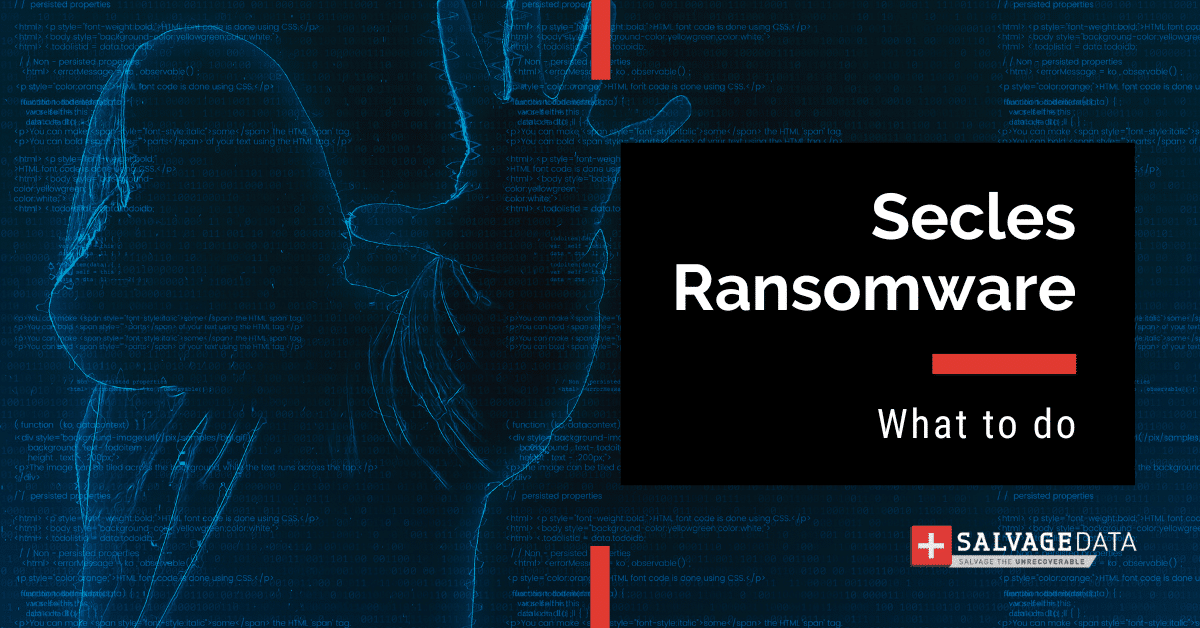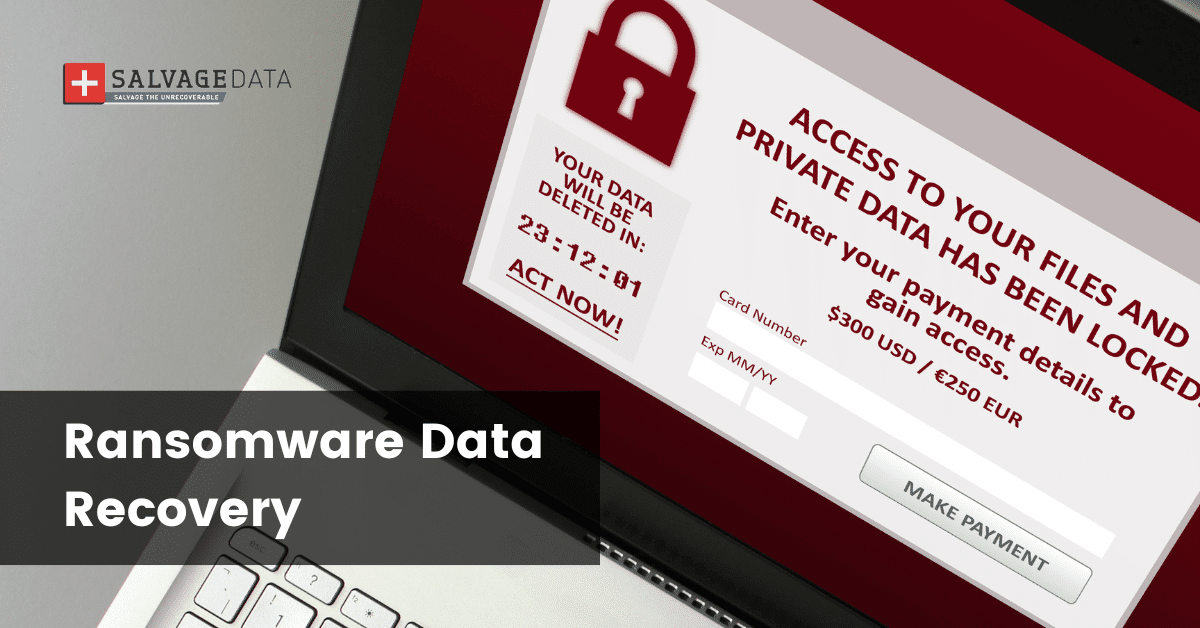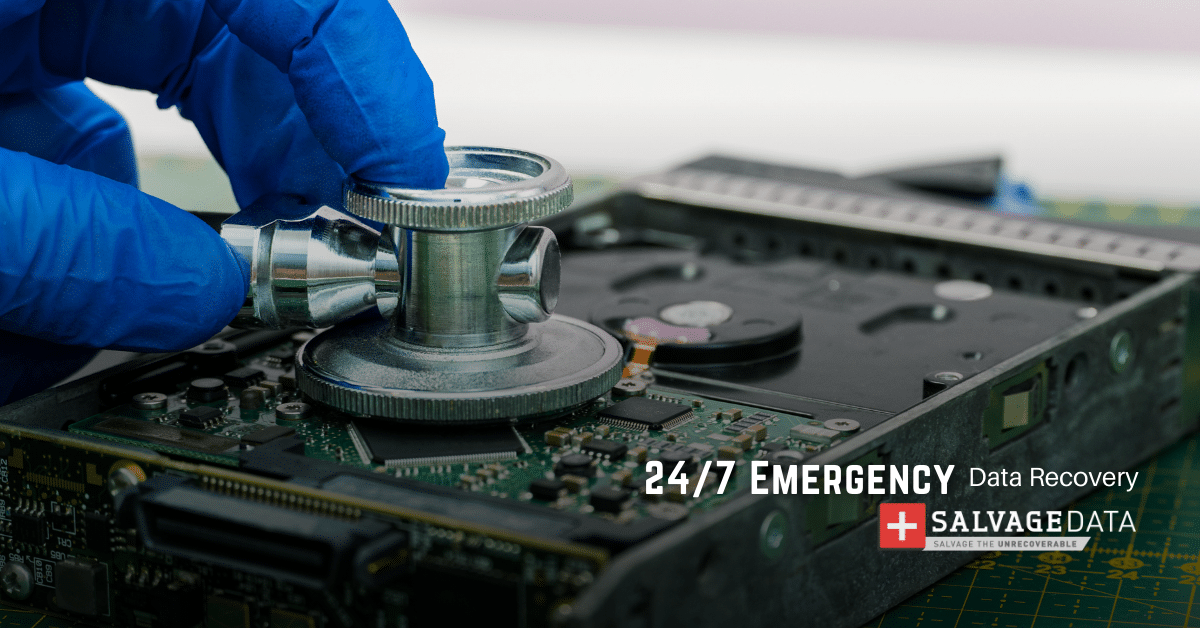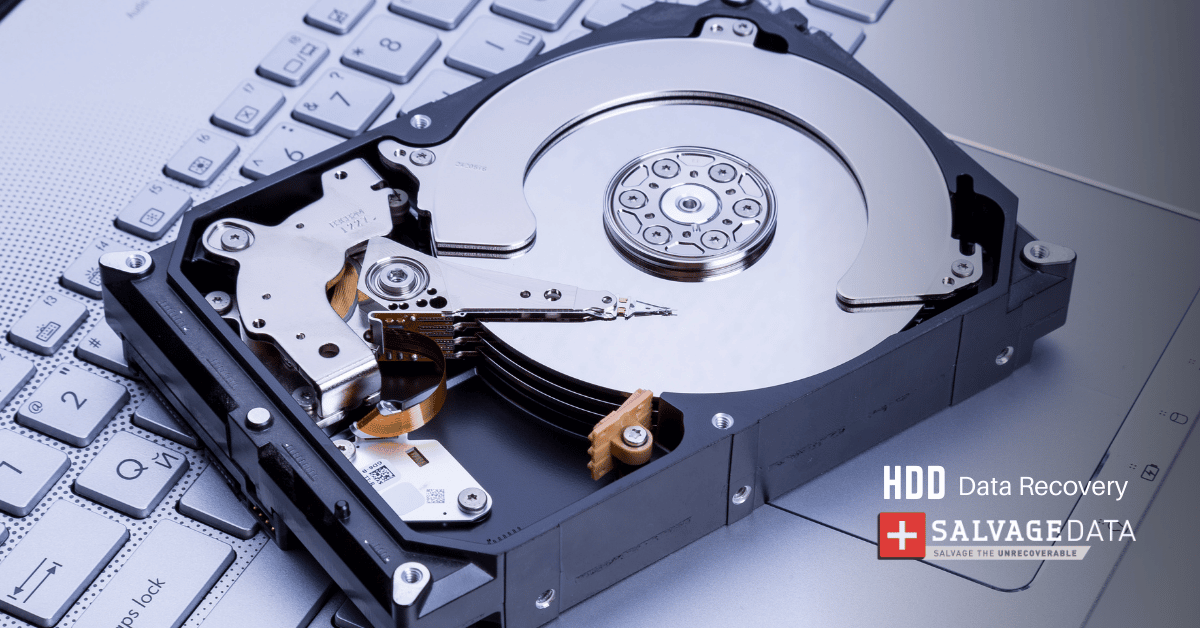Recent Articles
How To Recover Overwritten Files
The Snowflake Data Breach: A Comprehensive Overview
Mac Not Recognizing External Hard Drive: Quick Fix Solutions
How Multi-Cloud Backup Solutions Can Prevent Data Disasters
Capibara Ransomware: What is it & How to Remove
What Should a Company Do After a Data Breach: The Ticketmaster Incident
Secles Ransomware: Removal Guide
What To Do When Your Chromebook Freezes
How to Create Hyper-V Backup
What Is The Best Data Recovery Software For PC

I think there's an issue with my storage device, but I'm not sure Start a free evaluation →
I need help getting my data back right now Call now (800) 972-3282
What is Cripton Ransomware?
Cripton is a type of malware that encrypts your files and demands a ransom to decrypt them. This ransomware is particularly dangerous as it uses a strong encryption algorithm.
What encryption methods does Cripton Ransomware use?
Cripton uses a combination of RSA and AES encryption, which makes it one of the most difficult ransomware variants to crack.
What types of files does Cripton Ransomware target?
Cripton primarily targets user-generated files, such as documents, photos, and videos. However, it can also encrypt system files, which can render your computer inoperable.
How does Cripton spread?
Someone typically spread Cripton Ransomware through email attachments or malicious websites. Also, through peer-to-peer file-sharing networks.
History
Cripton Ransomware was first discovered in early 2017. Cripton, a Russian cybercriminal organization, created Cripton Ransomware. The biggest Cripton Ransomware attack was against the computer network of Maersk, a Danish shipping company. This attack caused Maersk to lose an estimated $300 million.
How much is the ransom?
The Cripton Ransomware demand varies, but it’s typically between $500 and $1,000. The Cripton Ransomware creators accept payment in Bitcoin or Monero. They typically use a unique Bitcoin or Monero wallet for each victim.
If you don’t pay the ransom within the specified period, usually seven days, they threaten to delete your encryption key, which would make it impossible to decrypt your files.
What are the symptoms of Cripton?
The symptoms of Cripton Ransomware include:
– Your files are encrypted with a .cripton extension
– It displayed a ransom note on your screen demanding payment to decrypt your files
– You are unable to open your files or programs
What should I do if I am infected with Cripton?
If it infected you with Cripton Ransomware, the first thing you should do is disconnect your computer from the Internet to prevent the ransomware from encrypting any more files. Then, you will need to use a reputable antivirus program to remove the ransomware and decrypt your files. Finally, you should take steps to protect yourself from Cripton Ransomware in the future.
We do not recommend that you pay the ransom, as there is no guarantee that you will get your files back. Also, by paying the ransom, you are supporting the criminals responsible for Cripton Ransomware and their future endeavors.
How can I remove Cripton Ransomware?
Cripton Ransomware can be difficult to remove, and we recommend that you seek professional help from a malware removal specialist.
Is there a public decryption tool available for Cripton Ransomware?
No, there is not a public decryption tool.
How can I protect myself?
There are a few things you can do to protect yourself from Cripton Ransomware:
– Keep your operating system and software up-to-date: Cripton Ransomware exploits vulnerabilities in outdated software to infect your computer. By keeping your software up-to-date, you can close these security holes and make it more difficult for Cripton Ransomware to infect your computer.
– Use a reputable antivirus program: some antivirus programs can detect and remove Cripton Ransomware. It is important to use a reputable program that is regularly updated to ensure that it can detect the latest threats.
– You should be cautious when opening email attachments, even if they come from a trusted source. If you are unsure about an attachment, you can scan it with your antivirus program before opening it.
– You should only download files from trusted sources and avoid clicking on links in emails or on websites that you do not trust.
Contact a data recovery service
If Cripton Ransomware has encrypted your files, you should contact a data recovery service as soon as possible. A data recovery service may be able to help you recover your files without paying the ransom.
SalvageData has been in business since 2002, which makes us one of the longest-standing and most trusted data recovery companies. We offer a free evaluation so that you can see if we can recover your files before you commit to anything. Contact us today to get started.

